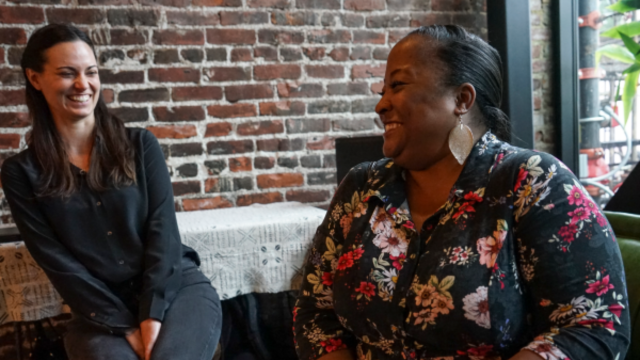by Audrey Haberman, The Giving Practice
Like many of you, I am thinking a lot about income inequality these days. I have been honored to serve on the Mayor’s Income Inequality Advisory Committee, which is tasked with presenting a proposal to the Seattle City Council to raise the minimum wage in Seattle. It has been a wonderful, difficult and complex process. We have discussed and debated minimum wage and living wage, the deeply rooted inequities created by racism, sexism and other oppressions, and the impact of a minimum wage increase to workers, large businesses, small business and nonprofits. Of course, raising the minimum wage is not the only answer to alleviating poverty.
Sitting in these meetings, I have been thinking a lot about the role philanthropy is playing – and the role it can play – as a partner to government. I have had several opportunities to tell philanthropy’s story and share the many ways our members interface with government. You may or may not be surprised to learn that our stories have been surprising to many of the business and labor leaders also on the committee.
I was excited to see this article in Politico a couple of weeks ago: “5 Ways City Government and Philanthropy Can Partner to Disrupt Inequality.” Of the five key ingredients highlighted in this article, I have heard mention of three in just the last few days:
- Work with, not around city government: last week Rasmuson Foundation, along with Alaska Mental Health Trust, Mat-Su Health, Robert Wood Johnson and Annie E Casey Foundation, celebrated when the Alaska House of Representatives unanimously passed Recover Alaska support resolution --reducing the harm caused by excessive use of alcohol, a project funded and shepherded by the foundation along with several other local and national foundation partners.
- Foster sustained collaboration The Seattle Foundation is supporting Skill Up, a workforce development project that includes many funders and leadership from the city’s Office of Economic Development.
- Fund key city positions: Casey Family Program is funding a position in the city to address foster care issues.
I’m interested in hearing about your successes and failures partnering with government, and also your thoughts about how to host conversations about income inequality.


